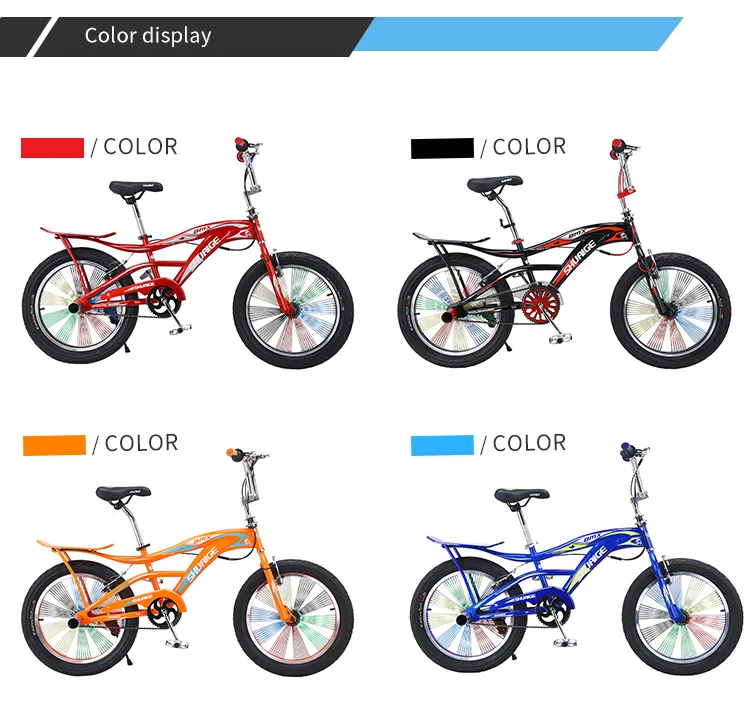
-
 Afrikaans
Afrikaans -
 Arabic
Arabic -
 Belarusian
Belarusian -
 Bengali
Bengali -
 Bulgarian
Bulgarian -
 Croatian
Croatian -
 Czech
Czech -
 Danish
Danish -
 Dutch
Dutch -
 English
English -
 Finnish
Finnish -
 French
French -
 German
German -
 Greek
Greek -
 hawaiian
hawaiian -
 Hebrew
Hebrew -
 Hindi
Hindi -
 Hungarian
Hungarian -
 Indonesian
Indonesian -
 irish
irish -
 Italian
Italian -
 Japanese
Japanese -
 Javanese
Javanese -
 kazakh
kazakh -
 Khmer
Khmer -
 Korean
Korean -
 Kyrgyz
Kyrgyz -
 Lao
Lao -
 Latin
Latin -
 Luxembourgish
Luxembourgish -
 Malay
Malay -
 Myanmar
Myanmar -
 Norwegian
Norwegian -
 Persian
Persian -
 Polish
Polish -
 Portuguese
Portuguese -
 Romanian
Romanian -
 Russian
Russian -
 Serbian
Serbian -
 Slovak
Slovak -
 Somali
Somali -
 Spanish
Spanish -
 Swedish
Swedish -
 Tagalog
Tagalog -
 Thai
Thai -
 Turkish
Turkish -
 Turkmen
Turkmen -
 Ukrainian
Ukrainian -
 Uighur
Uighur -
 Vietnamese
Vietnamese
Dec . 01, 2024 05:39 Back to list
Top Features of High-Performance BMX Bikes for Professional Riders
The World of Professional BMX Bikes An In-Depth Look
BMX, or Bicycle Motocross, has evolved from its grassroots racing origins in the 1970s into a global phenomenon encompassing various disciplines, from racing to freestyle tricks. The quintessential element of this sport is the BMX bike itself, engineered for performance, agility, and durability. In this article, we will explore the intricacies of professional BMX bikes, discussing their design, features, and the impact they have on the sport.
History and Evolution
The emergence of BMX can be traced back to the early days of motocross racing, where kids began imitating their motocross heroes on dirt tracks. With the increasing popularity of BMX racing, manufacturers started to produce bikes specifically designed for this purpose. Initial BMX bikes were modifications of existing bicycles, but as the sport grew, specialized designs emerged. Today’s professional BMX bikes are the result of decades of innovation, featuring lightweight materials and advanced engineering techniques.
Key Features of Professional BMX Bikes
1. Frame Construction The frame is the heart of any BMX bike. Professional BMX bikes typically feature a high-tensile steel or aluminum frame that balances strength and weight. While steel frames offer resilience, aluminum frames provide a lighter option that enhances maneuverability. Some top-tier bikes even incorporate chromoly steel, known for its durability and lightweight properties.
2. Wheels and Tires BMX bikes come equipped with strong 20-inch wheels, making them ideal for both racing and performing tricks. The tires are wider than standard bicycle tires, providing better grip and stability on various surfaces. For freestyle riders, tire tread patterns are crucial, as they affect traction and control during tricks and jumps.
3. Drive System BMX bikes usually feature a single-speed drivetrain which simplifies the bike's mechanics and reduces weight. This simplicity allows riders to focus more on their performance rather than shifting gears during a race or while performing tricks. The crankset, typically a 3-piece design, provides strength and reliability, which is essential for explosive pedaling.
professional bmx bikes

4. Braking System While some professional BMX riders prefer the feel of no brakes for freestyle tricks, most racing BMX bikes are equipped with a rear U-brake for reliable stopping power. The choice of brake system often depends on the rider’s discipline and personal preference.
5. Handlebars and Grips BMX handlebars come in various heights and widths, catering to individual rider preferences. Higher handlebars provide better leverage for tricks, while lower ones may be preferred for racing. Grips are designed for comfort and control, often made from soft rubber compounds to absorb vibrations during rides.
The Impact of Technology
Advancements in technology have significantly influenced the design and performance of professional BMX bikes. Innovations such as computer-aided design (CAD) allow manufacturers to create bikes tailored to the needs of top riders. Additionally, the use of advanced materials like carbon fiber is beginning to gain traction in the BMX community, offering even lighter and stronger bike options.
Competitive Scene
The competitive BMX scene showcases the pinnacle of BMX bike performance. Events such as the X Games and the Olympic Games feature some of the most talented riders in the world. Every rider's success is heavily reliant on the quality and suitability of their bikes. Professional BMX bikes are often custom-built to meet the specific demands of riders, incorporating personal preferences in geometry, weight distribution, and component choice.
Conclusion
The world of professional BMX bikes is a testament to the sport's evolution from humble beginnings into a sophisticated discipline that captivates riders and fans alike. The design and engineering of these bikes play a pivotal role in performance, ensuring that athletes can push the boundaries of what is possible on two wheels. As the sport continues to grow and evolve, we can expect ongoing innovations that will further enhance the capabilities of BMX bikes, paving the way for the next generation of riders to leave their mark on the BMX landscape. Whether you’re a seasoned competitor or a casual enthusiast, understanding the intricate details of BMX bikes can deepen your appreciation for this dynamic and exhilarating sport.
-
BMX 20 Inch Bikes for Freestyle & Street | Fat Tire Options Available
NewsJul.30,2025
-
322 High Quality 26 Inch 21 Speed Adult Mountain Bike OEM MTB
NewsJul.29,2025
-
Specialized Kids Mountain Bikes - Safe, Durable & Fun Riding Experience
NewsJul.29,2025
-
Little Kids Mountain Bike - Lightweight Bikes for Young Riders
NewsJul.29,2025
-
Kids Mountain Bike Trek – Full Suspension for 6 Year Old Riders
NewsJul.29,2025
-
High Quality 48V Electric City Bicycle with 350W Smart Rear Hub Motor
NewsJul.28,2025

